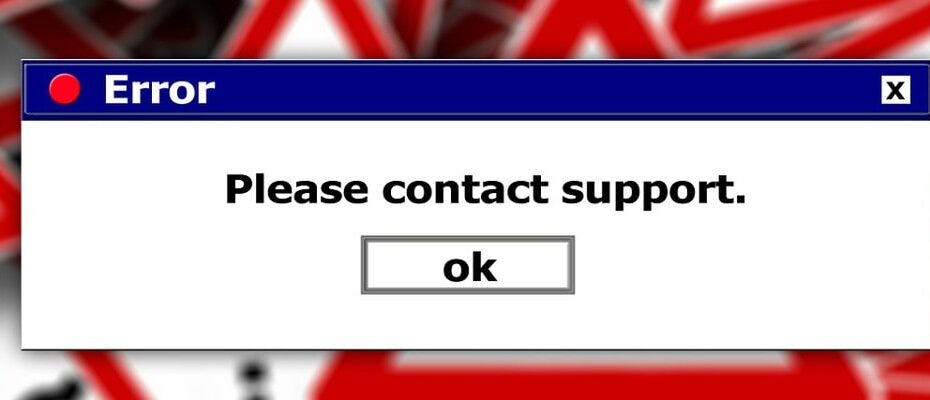According to Murphy’s law, if anything can go wrong – in our case during the organization of training courses, workshops or conferences – it is very likely it will. It means things will go wrong in any given situation in which mistake is possible. Each of us experienced consequences of this law – in private or professional life but we aren’t completely powerless against it.
Identify and learn from your own mistakes
The work environment of event organizer is very dynamic – there are so many variables, there are so many opportunities to make mistake! We all make mistakes, even the best of us. If you make a mistake once – it just happens. However, if you still keep making the same mistake, it means that you have to make radical changes in your approach. If the mistakes are caused by the inadequacy of the online event registration system, you should think about changing it for the sufficient one. If the source of the failure lies in the organization of the event, it is worth listening to the participants, because what they have to say is probably the most important. Their opinions matter, so it is worth using the proper tools to identify the reasons for attendees dissatisfaction. A special source of knowledge about minor or major mistakes are bad reviews and negative comments. The good news is that constructively used can become your strength.
Better be sure than assume
As we have already established, if there is room for mistake, it is very likely that you won’t avoid it. So instead of assuming something won’t happen, make sure it won’t happen.
Of course, there is nothing you can do about the weather for outdoor events, but you can eliminate all other potential problems: choose a proven provider of the event registration system, catering, hotel services etc. Create a team you can count on (regardless of whether they are full-time coordinators or volunteers). Make sure all the points on your checklist have been completed. Never assume that “it will work out somehow”.
Get ready for possible problems
If you’re a more or less experienced event organizer, you already know what can potentially go wrong. This is a very useful value – it gives you a chance to prepare for a different kind of problems. To be ready, you need to identify the problem, prepare a response in advance (be a step ahead) and get ready for communication with attendees. And finally, of course, you have to be prepared to manage the crisis.
Be active on social media
Activity in social media will allow you to maintain constant contact with participants of your events. And that means it’s also a tool that gives you a possibility to prevent potential failures or to limit their devastating effects. The first rule is “Keep in touch”. Keep the participants informed about the event itself, its logistics, emerging problems. Remember, when participants know what to expect, the event has more chances to be a success.
Do not try to do everything by yourself
Even if you see yourself as a multi-talented and multitask person you’re still just a human, and that means you can make a mistake. The more responsibilities you take on, the more likely you won’t fulfill one of them. So maybe it’s time to start delegating tasks to other team members or to consider recruiting new people? Consider volunteers, especially if you’re working in a non-profit area. Volunteers are often huge, but still not very appreciated potential. It is a pity, because a well-trained and committed volunteer in the future may turn out to be your best employee.
Sum up the event and draw conclusions
Each new event you organize can be a mine of information about the improvements that can be made. Collect feedback, both from participants (eg. by conducting a survey) and your coworkers. Each mistake should be analyzed. Consider the causes and means to eliminate them. Create an emergency plan for future events. Remember – practice makes perfect.







